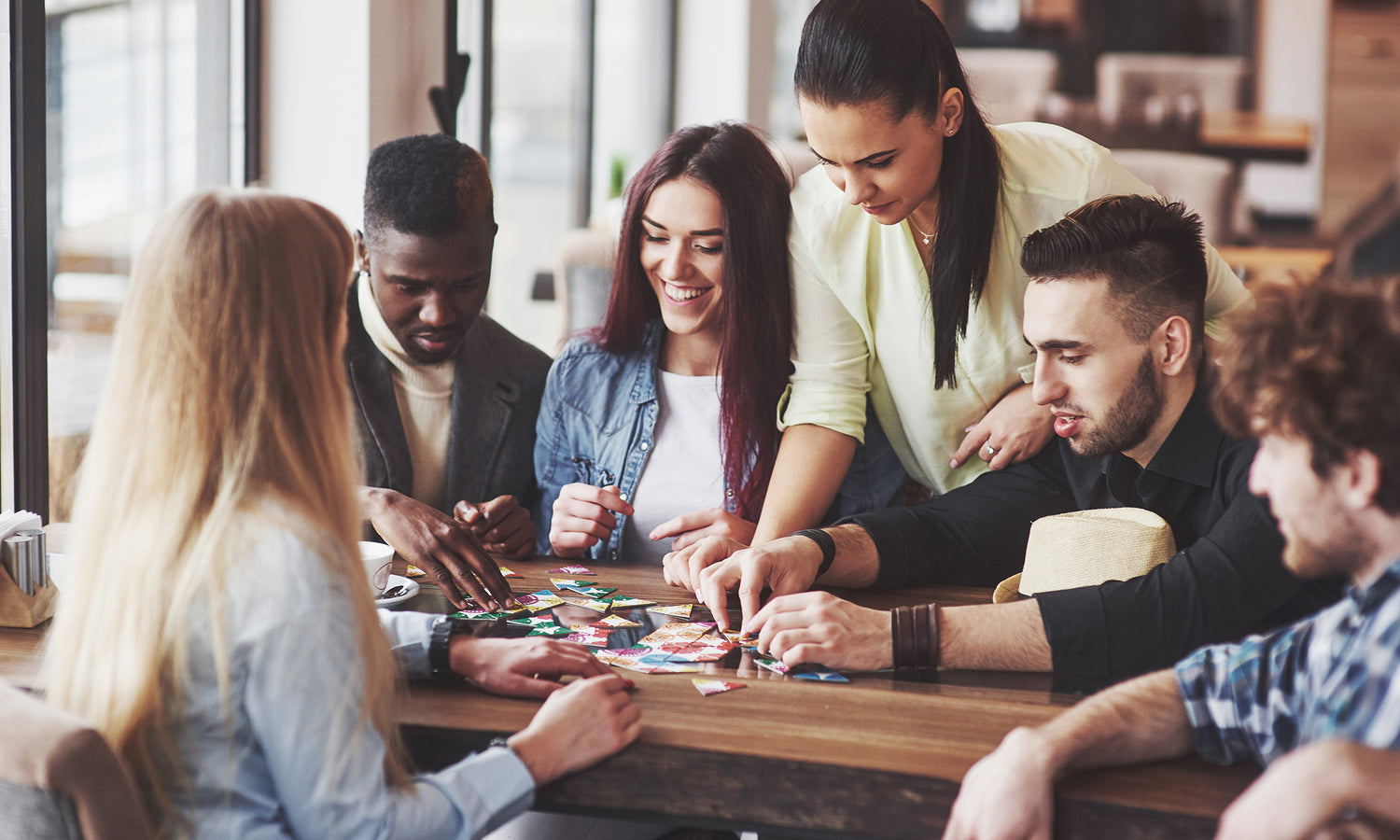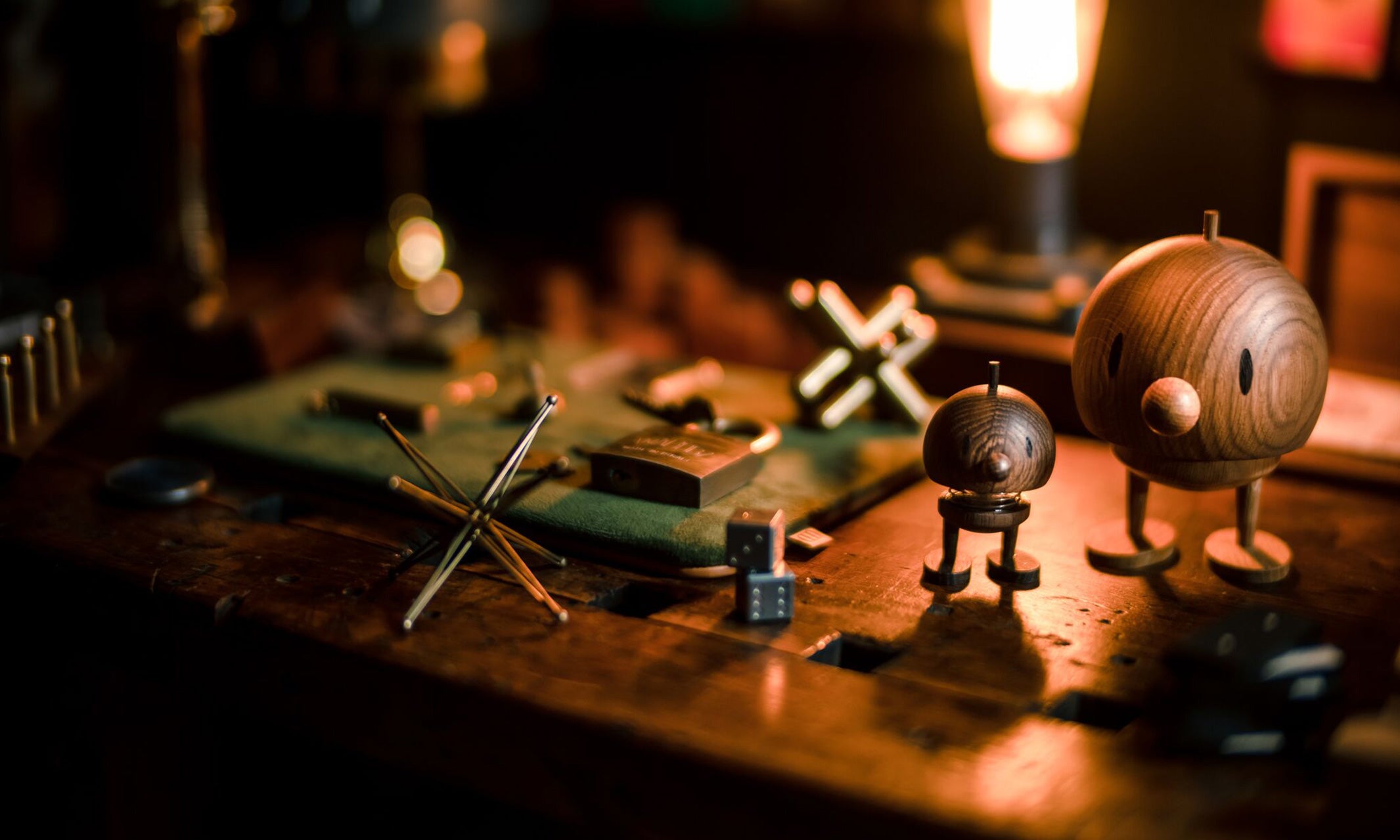Whether you have a regular family game night or you just like to get together with friends for a night of cards, you know how much fun games can be. It brings people closer together and also brings out the best in them. Of course, you might not think so during a heated game of Uno, a six-year-old can get pretty cutthroat! And no matter what the rules say, a little table talk at the Euchre table makes the game that much more fun. Even solitaire can be an enjoyable way to spend your time.
The good news is that there are games of all kinds for all types of people. From games of chance to games of skill, from the simple to the complex, you're sure to find a game, puzzle or brain teaser to please just about anyone.
The better news is that games, brain teasers, riddles, and puzzles are not just fun, they're good for you too.
Good for Learning
Most people understand that games for kids are often fun and educational. They learn colors, shapes, numbers and more. In fact, a preschool shape sorter toy is just a brain teaser for a toddler. However, they also learn important social skills as well like how to take turns, how to win and lose graciously, and even the basics of strategy.
As you get older, you can still learn from puzzles and games. Strategy comes into play in many games from poker to gin rummy and many others. Anyone who's ever worked on a jigsaw puzzle learns patience, and hand puzzles teach you the subtleties of delayed gratification.
Good for Coordination
Did you know that a rousing game of cards is good for your coordination? The dexterity required to shuffle a deck, deal a hand and then play individual cards is quite extensive. If you want to improve your dexterity, practice various shuffling techniques, or get into cardistry. Of course, cards aren't the only game in town when it comes to coordination.
Jigsaw puzzles, from large wooden boards with a few pieces for kids to intricate designs cut into a thousand pieces, require ever improving fine motor skills. Spatial recognition and visual acuity are also required to successfully complete these tasks.
There are several games and toys that rely heavily on hand-eye coordination as well. Jenga, for example, requires you to not only strategically choose a piece to move, but steady hands to move it as well. The Kendama is a Japanese skill toy that requires you to use your entire body in tandem to do various tricks.
Good for Your Mind
Some benefits of game playing and puzzle solving aren't as evident. In fact, studies show that keeping your mind agile by exercising it can reduce the risk of things like dementia, including Alzheimer's. One great way to do that is to play games and complete brain teasers, and anyone signed up for our Newsletter receives a new brain teaser in their inbox every week.
Other good puzzles and games for keeping your mind fit include:
- Crosswords
- Suduko
- Scrabble
- Brain teasers
- Riddles
- Tactile Puzzles
- Some video games
- Card games
Obviously some are better than others but basically, any game that requires you to keep your mind sharp can help ward off signs of aging in your brain.
Whether you're into a riotous game of spades with your in-laws, impressing your friends with a fancy shuffle, or challenging yourself with a brainteaser, the important thing is to have fun doing it. The knowledge that you are growing and learning is really second to that.







